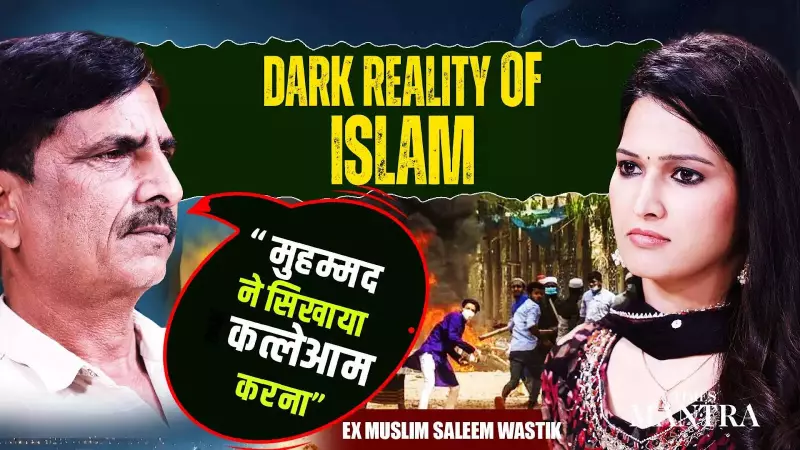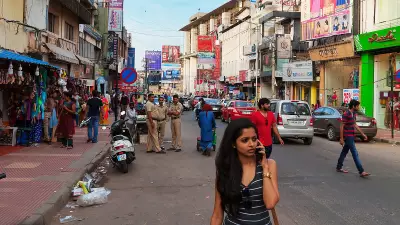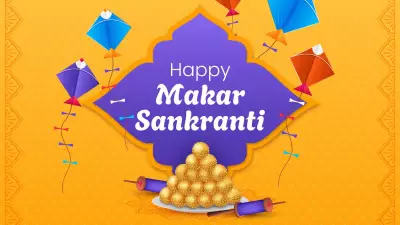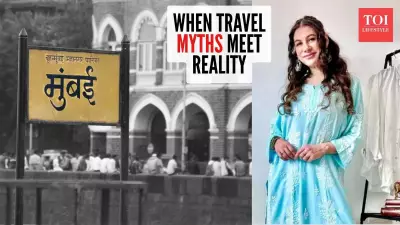
In a revelation that is sending shockwaves through social and religious circles, former Muslim Saleem Wastik has broken his silence on what he describes as the dark realities hidden within certain Islamic practices. The explosive interview was released on the Times Mantra Podcast on November 10, 2025, at 08:12 PM IST.
Unveiling The Hidden World of Islamic Marriages
Saleem Wastik, who identifies as an ex-Muslim, took to the popular platform to dissect and critique several Islamic marriage and divorce practices that are often shielded from public discourse. He specifically targeted three controversial concepts: Halala, Mutah Nikah, and Misyar Nikah. Wastik presented these not merely as religious tenets but as mechanisms of control, questioning whether they represent pure faith or a centuries-old system of oppression disguised as religious doctrine.
A Deep Dive into Controversial Practices
The conversation, described as raw and unfiltered, delved into the specifics of each practice. Halala, a practice involving a woman marrying and divorcing another man to become permissible again for her first husband after a triple talaq, was a major point of contention. Wastik also shed light on Mutah Nikah, a temporary and time-bound marriage practiced in some sects, and Misyar Nikah, a marriage where couples forgo some conventional rights like living together.
By bringing these often-ignored topics to the forefront, Wastik aims to spark a difficult but necessary debate on faith, culture, and personal freedom. The podcast promises to be an eye-opening experience for viewers, challenging them to look beyond blind faith and confront what the host calls the 'unheard stories' of the community.
The Aftermath and Public Reaction
This gripping conversation on Times Mantra is poised to ignite widespread discussion and controversy. By framing his revelations around the question of "religion, culture, or a control system," Wastik forces a re-examination of deeply entrenched beliefs. The podcast stands as a bold attempt to uncover a truth that, as the promotional material claims, "they don't want you to hear." The full impact of these disclosures on public perception and inter-community dialogue remains to be seen.





